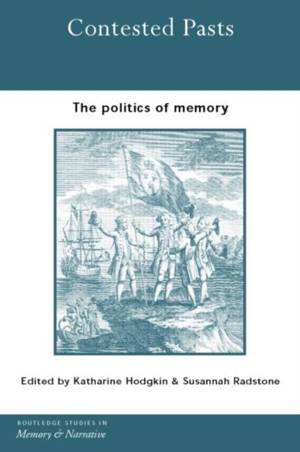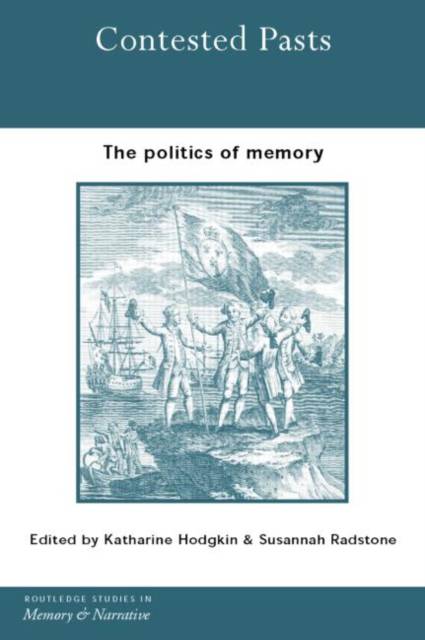
- Retrait gratuit dans votre magasin Club
- 7.000.000 titres dans notre catalogue
- Payer en toute sécurité
- Toujours un magasin près de chez vous
- Retrait gratuit dans votre magasin Club
- 7.000.0000 titres dans notre catalogue
- Payer en toute sécurité
- Toujours un magasin près de chez vous
Contested Pasts
The Politics of Memory
Description
This inter-disciplinary volume demonstrates, from a range of perspectives, the complex cultural work and struggles over meaning that lie at the heart of what we call memory.
In the last decade, a focus on memory in the human sciences has encouraged new approaches to the study of the past. As the humanities and social sciences have put into question their own claims to objectivity, authority and universality, memory has appeared to offer a way of engaging with knowledge of the past as inevitably partial, subjective and local. At the same time, memory and memorial practices have become sites of contestation, and the politics of memory are increasingly prominent.
Spécifications
Parties prenantes
- Editeur:
Contenu
- Nombre de pages :
- 278
- Langue:
- Anglais
- Collection :
Caractéristiques
- EAN:
- 9780415753876
- Date de parution :
- 03-04-14
- Format:
- Livre broché
- Format numérique:
- Trade paperback (VS)
- Dimensions :
- 152 mm x 229 mm
- Poids :
- 407 g

Les avis
Nous publions uniquement les avis qui respectent les conditions requises. Consultez nos conditions pour les avis.





